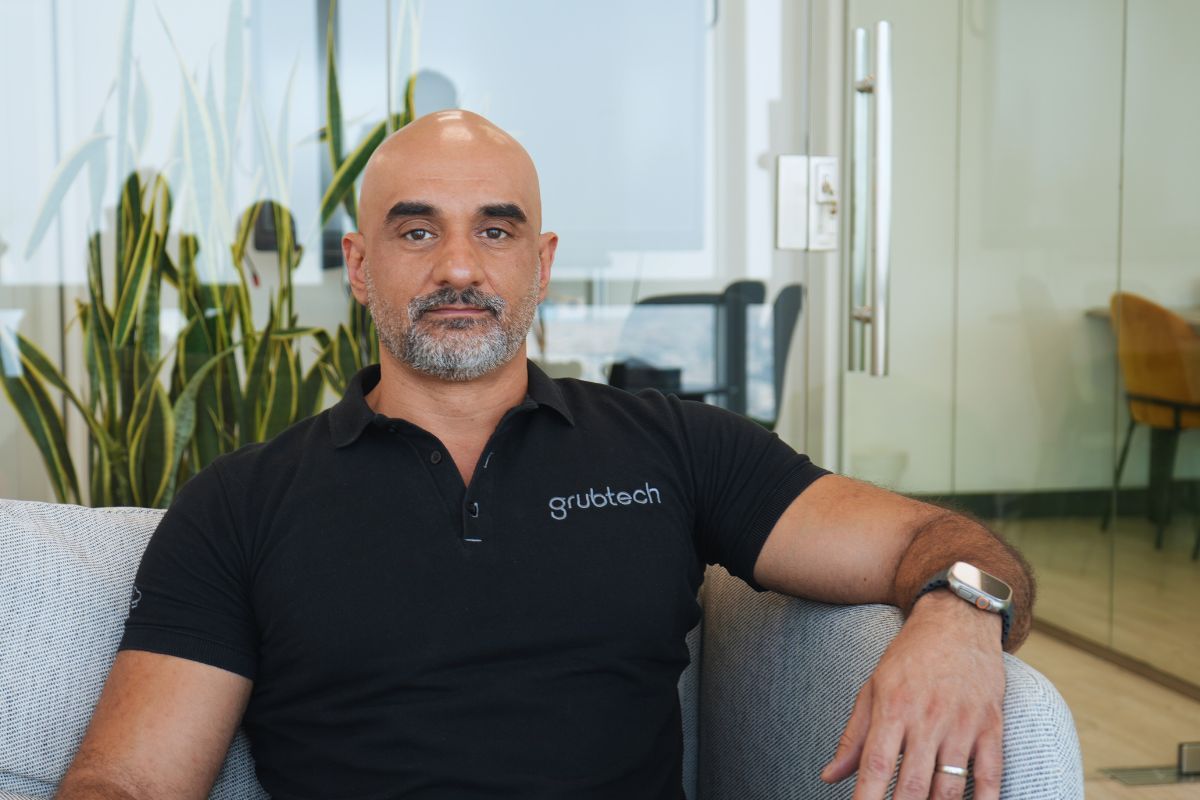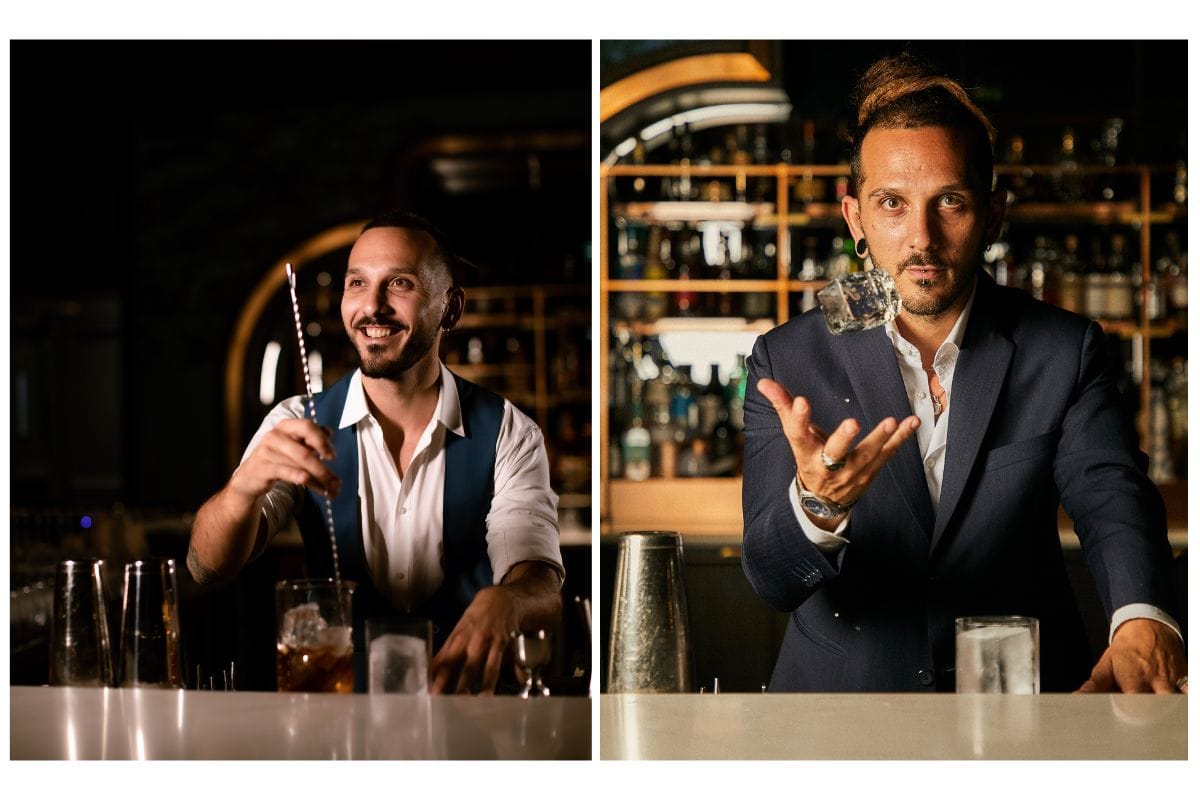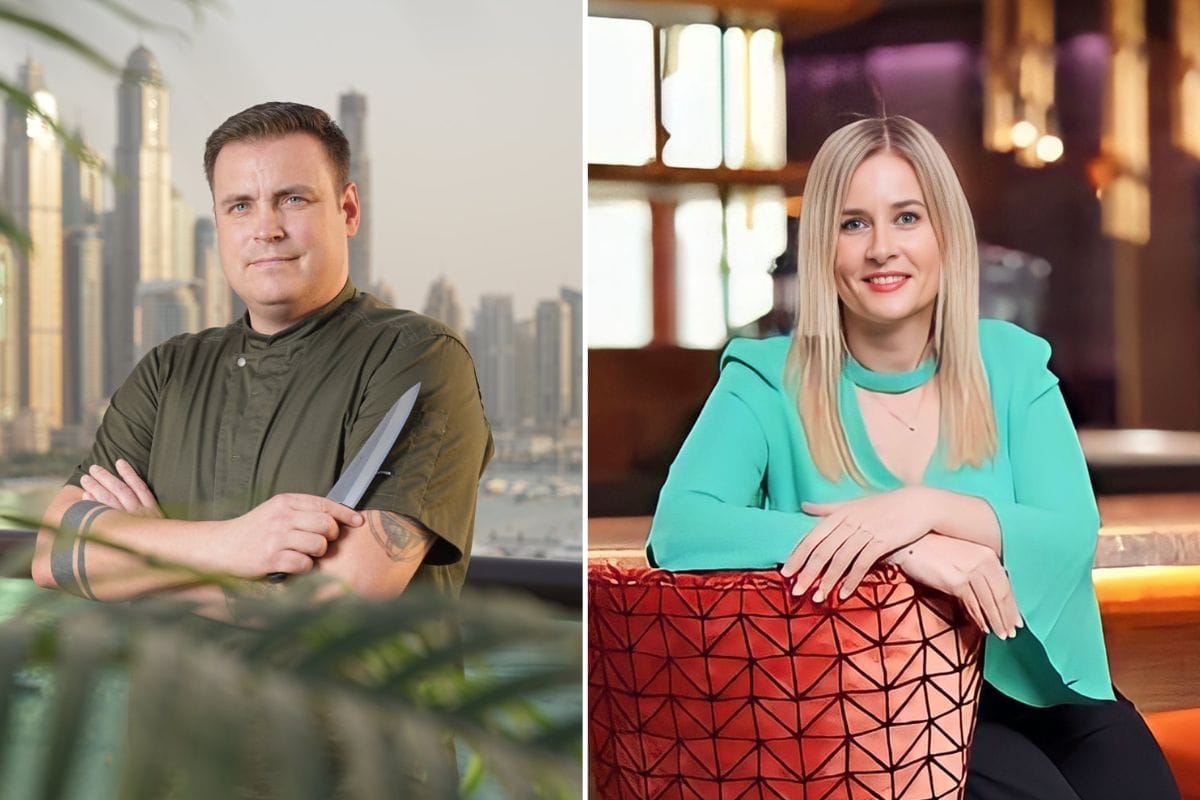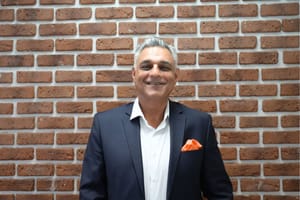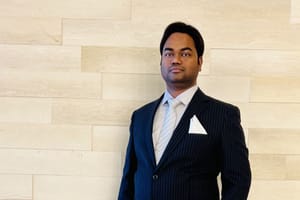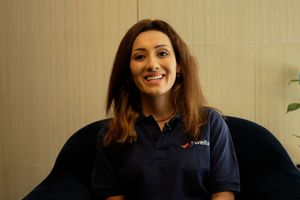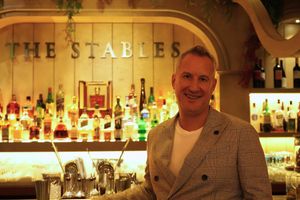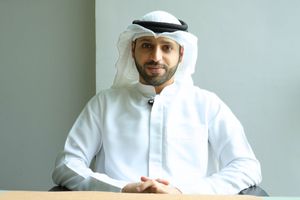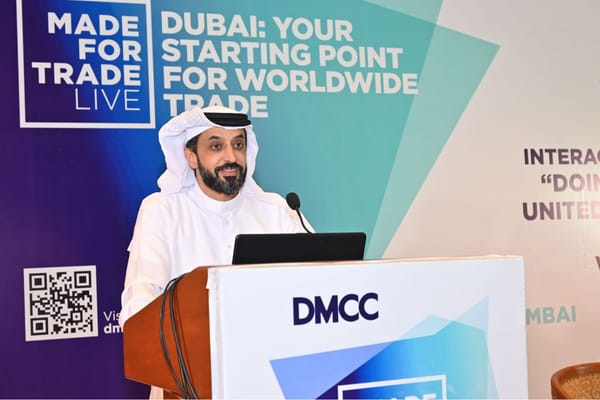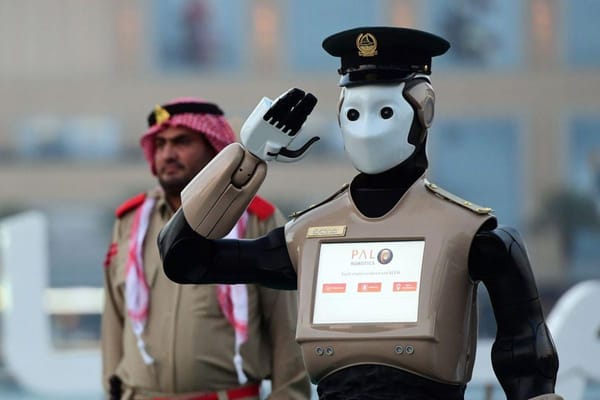Alexander Ponomarev, a seasoned manager with over 11 years of experience in Hospitality IT, has been a transformative force in the restaurant automation sector from London to Hanoi. As the CEO of Syrve MENA, Alexander spearheads the delivery of cutting-edge IT solutions, including POS systems, AI forecasting, and biometric ID, to the restaurant industry across the UAE and the wider MENA region. Since he was appointed CEO in 2020, Alexander has successfully acquired over 1,500 customer venues, established Syrve’s office in Cairo, and strengthened the company’s presence in key markets such as Saudi Arabia, Jordan, and Oman. His leadership extends beyond business operations to fostering the MENA Restaurant Community, a platform dedicated to sharing operational and business insights among industry enthusiasts.
In this exclusive interview, he sheds light on Syrve MENA's offerings, the challenges and opportunities in the UAE market, and his vision for the future of the F&B sector.
Could you give us an overview of what Syrve MENA is and its target market?
Syrve is an all-in-one POS and restaurant management software designed to enhance the performance of food and beverage (F&B) businesses by automating routine administrative tasks. It improves service speed, empowers kitchen teams, manages staff, optimizes stock-taking and ordering, simplifies cost control, and analyzes performance. Trusted by over 8,000+ F&B businesses worldwide, Syrve redefines the value of POS and restaurant management systems. Over several years in the UAE, we've been providing solutions to help F&B businesses thrive and prosper.
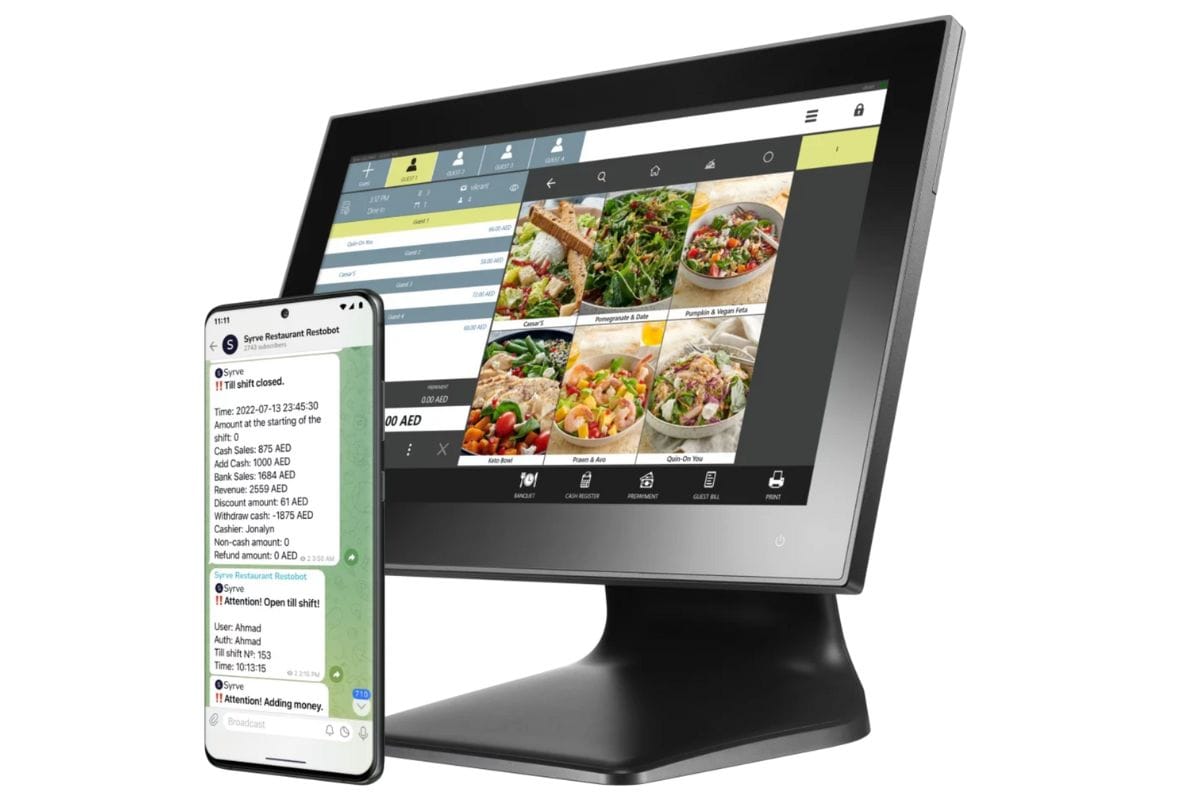
Could you give examples of the kind of solutions Syvre offers its clients?
Syrve offers comprehensive technological solutions for managing restaurants of any size, from chains to small coffee outlets or delivery services. Their solutions cover all aspects of restaurant operations, including front-of-house and back-of-house management. A key feature is their powerful API, which integrates with third-party software for corporate reporting, guest communication, loyalty systems, coupons, and more. Syrve's mission is to make F&B businesses more sustainable, efficient, and profitable by automating operations, reducing routine tasks, and allowing businesses to focus on service quality and guest experience. This automation not only enhances operational efficiency but also helps business owners save time for personal and important business development activities.
With over 11 years of experience in IT and hospitality, what gap did you see in the market that pushed you to start Syvre MENA?
I saw a significant gap in the market for real-time, data-driven decision-making tools for restaurant businesses. Many restaurant owners lacked immediate access to relevant operational information, often relying on outdated reports. Syrve MENA aims to bridge this gap by providing technology that allows decision-makers in the restaurant industry to access real-time data, enabling them to make informed, timely decisions. This helps them react quickly to market changes, supplier prices, and other dynamic factors, ensuring their businesses run efficiently and profitably. Our technology focuses on reducing the burden of routine tasks, allowing restaurant owners to concentrate on what they love—serving delicious food to their guests. We provide the tools to manage their operations seamlessly, supporting their passion with precise, actionable insights.
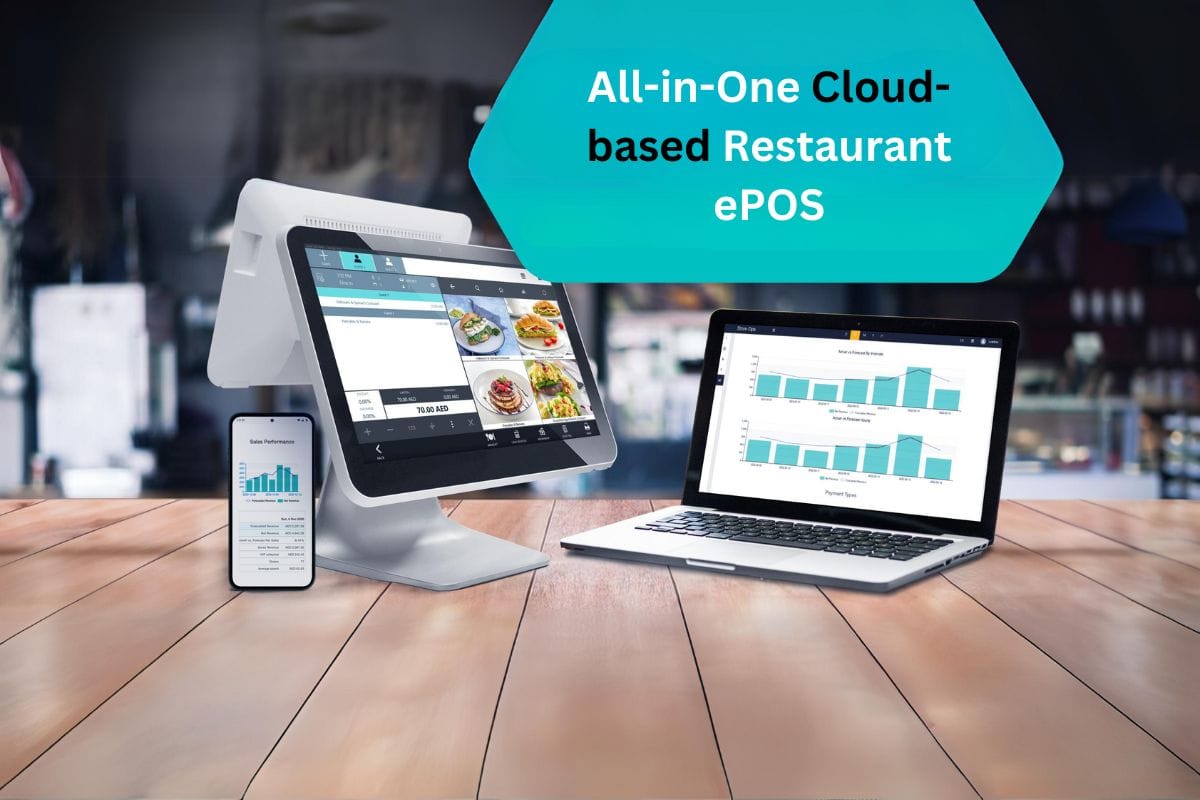
What are the key challenges faced by restaurant management software companies seeking to expand in the Middle East, and how are they overcoming these obstacles?
Restaurant management software companies face several key challenges when expanding in the Middle East. Firstly, the complexity of the restaurant business itself poses a challenge. Managing the technological processes involved in cooking high-quality, tasty, and safe food is not just about the art of cooking but also about maintaining high standards and consistency.
Additionally, managing human resources is crucial. Waitstaff must be inspiring and welcoming, which requires effective training and management. The financial aspect also presents challenges, including working with suppliers, managing supply chains, controlling recipes, and minimizing wastage.
The main challenge, however, is ensuring the availability and transparency of data. Restaurant owners need accurate, real-time data to understand their operations and make informed decisions. This requires integrating various processes into a cohesive system that provides clear insights into all aspects of the business. Overcoming these obstacles requires a combination of technology, data management, and leadership skills to streamline operations and drive the business forward.
Many people view owning or running a restaurant as a risky venture with limited longevity. Do you agree with this sentiment, and what are your thoughts on the challenges and rewards of the restaurant industry?
Running a restaurant is often seen as risky, partly because many restaurant owners and founders are artistic individuals who follow their dreams and impulses without always having a deep understanding of the business side. While this passion can lead to initial success by resonating with customers, it can also result in challenges due to a lack of business acumen.
However, our solutions can help these dreamers become more sustainable. We've seen numerous examples where small startups have grown into larger chains, thanks to a blend of artistic vision and business efficiency. The key is to catch the audience's attention and sustain it while managing the business effectively. Our technology supports this by helping restaurants operate more efficiently and profitably from the start, allowing owners to focus on their passion while we handle the operational complexities.
Given the rapid turnover in the restaurant industry, why did you choose the UAE as your next market?
The UAE, particularly Dubai, is a vibrant and dynamic market with a diverse population and a booming food delivery sector. Dubai is an intense and unique place where people from all over the world start various businesses, especially in the restaurant industry, offering a wide range of cuisines and concepts.
Despite the high turnover, Dubai provides a fertile ground for testing new business ideas due to its mix of professionals from different backgrounds.
The Middle East, with upcoming events like Expo 2020, Expo 2030, and major sports championships, presents significant growth opportunities. The region's appetite for technology and development makes it an attractive market for businesses like ours. We see Dubai as a melting pot of innovation and a major center for business in the Middle East, making it an ideal place to establish and grow our presence.
Given the intense competition in the market, what unique challenges do you anticipate, and how do you plan to address them?
Dubai's competitive environment demands continuous hard work and improvement. You must constantly strive to be better than your competition and better than you were yesterday. While this daily challenge can be tough, it fosters growth for individuals and companies alike. Dubai is unique in this way, offering an environment that encourages personal and professional development. Although not everyone can handle the pace and some may leave for a more peaceful life, for those who embrace the challenge, Dubai is the best place to be.
How do you keep yourself motivated in moments of doubt?
I stay motivated by celebrating our victories, such as acquiring new customers and deals. There's nothing more rewarding than hearing our customers say we've helped them improve their business and streamline their operations. While we do experience ups and downs and occasionally face complaints or customer churn, we value all feedback. We work hard to address issues and improve our service. Facing challenges head-on and continuously striving to enhance the quality of our business keeps me motivated and helps us grow.
What specific sustainable solutions are being implemented to address the environmental challenges facing the UAE's Food and Beverage sector?
The primary focus is on reducing wastage, a significant problem in the restaurant industry. With global food crises and widespread hunger, minimizing wastage is crucial for sustainability. By making efficient use of products and raw materials, restaurants can contribute to environmental conservation. This involves optimizing the use of physical resources to spend less and achieve more, ultimately supporting a more sustainable planet.
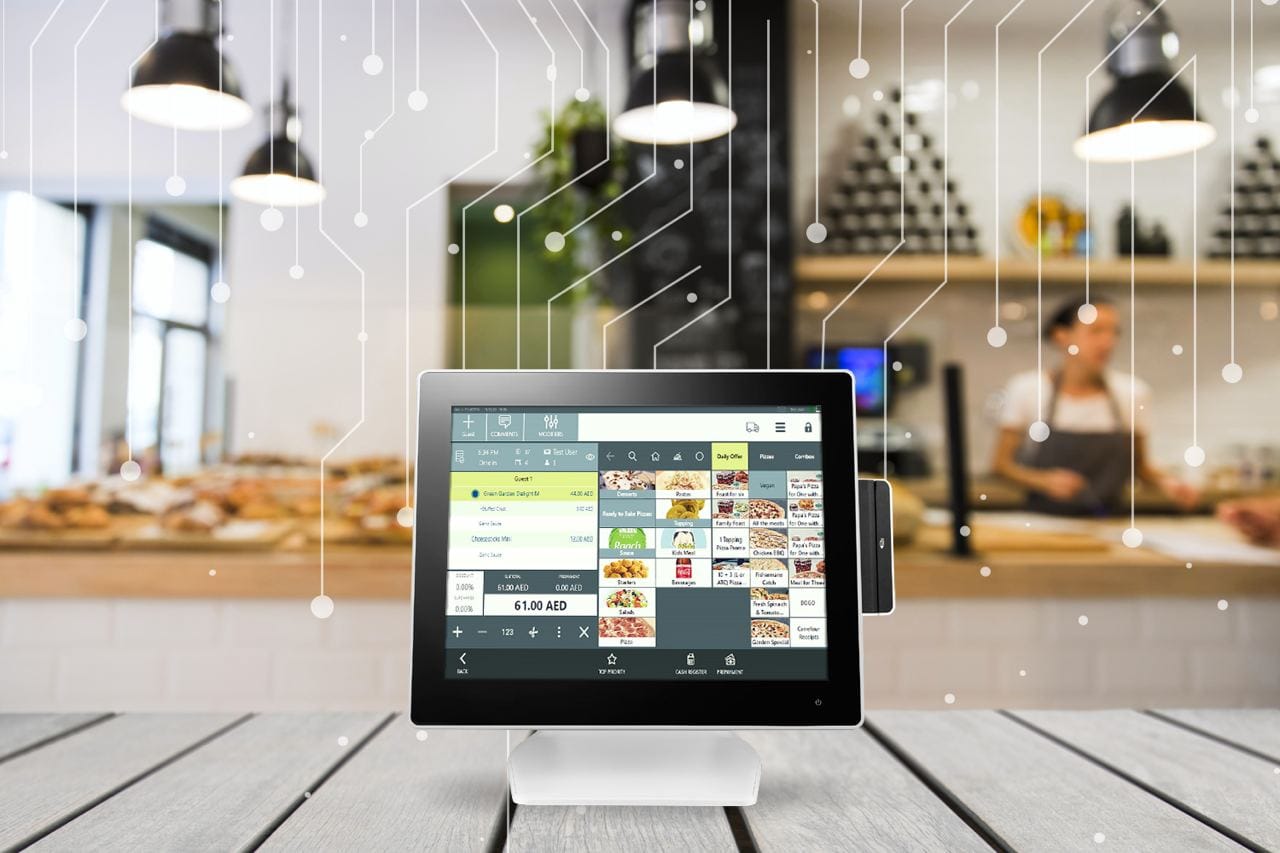
Which technological and AI solutions are proving most effective in enhancing the efficiency and customer experience of Dubai's hospitality businesses, ranging from POS systems to AI forecasting and biometric ID?
AI and newer technologies are significantly improving efficiency in Dubai's hospitality sector. AI aids in accurate forecasting, which is crucial for reducing wastage by predicting revenue and determining the precise amount of raw materials needed. This ensures businesses are neither understocked nor overstocked, reducing instances of items being unavailable (86s) and minimizing excess inventory. By using AI for better inventory management, businesses can serve customers more reliably and reduce wastage, leading to a more sustainable operation.
How are local regulations and cultural preferences shaping the adoption of technology in the UAE's restaurant industry?
In Dubai and the UAE, the diverse cultural melting pot adds complexity to technology adoption in the restaurant industry. The variety of customs and traditions from different countries influences how technology must be tailored to meet local needs. Each region has its own dining customs, affecting how technology solutions should function, such as handling bill splitting or itemization.
Flexibility in technology is crucial to accommodate these cultural differences and ensure a high quality of service. Additionally, Dubai's intense competition, with many aggressive marketing strategies and numerous technology options, makes it challenging for restaurants to choose the right solutions. This competitive landscape, combined with cultural diversity, adds depth and complexity to technology adoption in the UAE's restaurant sector.
How do consumers in the UAE respond to the integration of technology into their dining experiences, and what trends are emerging as a result?
The integration of technology into dining experiences is a critical point where customer acceptance determines the success of technological solutions. In fast-food settings, customers appreciate innovations like kiosks and QR menus for quick ordering. However, in fine dining, customers prefer traditional, personalized service with attentive waiters, where visible technology is minimal. Despite this, back-of-house operations in fine dining rely heavily on sophisticated systems for inventory management, order processing, and kitchen efficiency. The true test of technology adoption is customer feedback, which ultimately validates whether a technological solution enhances their dining experience.
What role do government initiatives play in fostering the growth of technology-driven solutions within the UAE's hospitality sector?
Government initiatives play a significant role in fostering the growth of technology-driven solutions in the UAE's hospitality sector. These initiatives attract global talent and innovative minds through programs like golden visas and talent visas. Additionally, the government is creating a more digital environment, enabling businesses to submit documents electronically and interact with various governmental processes efficiently. This digital transformation enhances business efficiency across various levels, including visas, taxation, and overall engagement with the government, thereby supporting the growth and development of the hospitality sector.
Watch the full interview:
Also Read:
